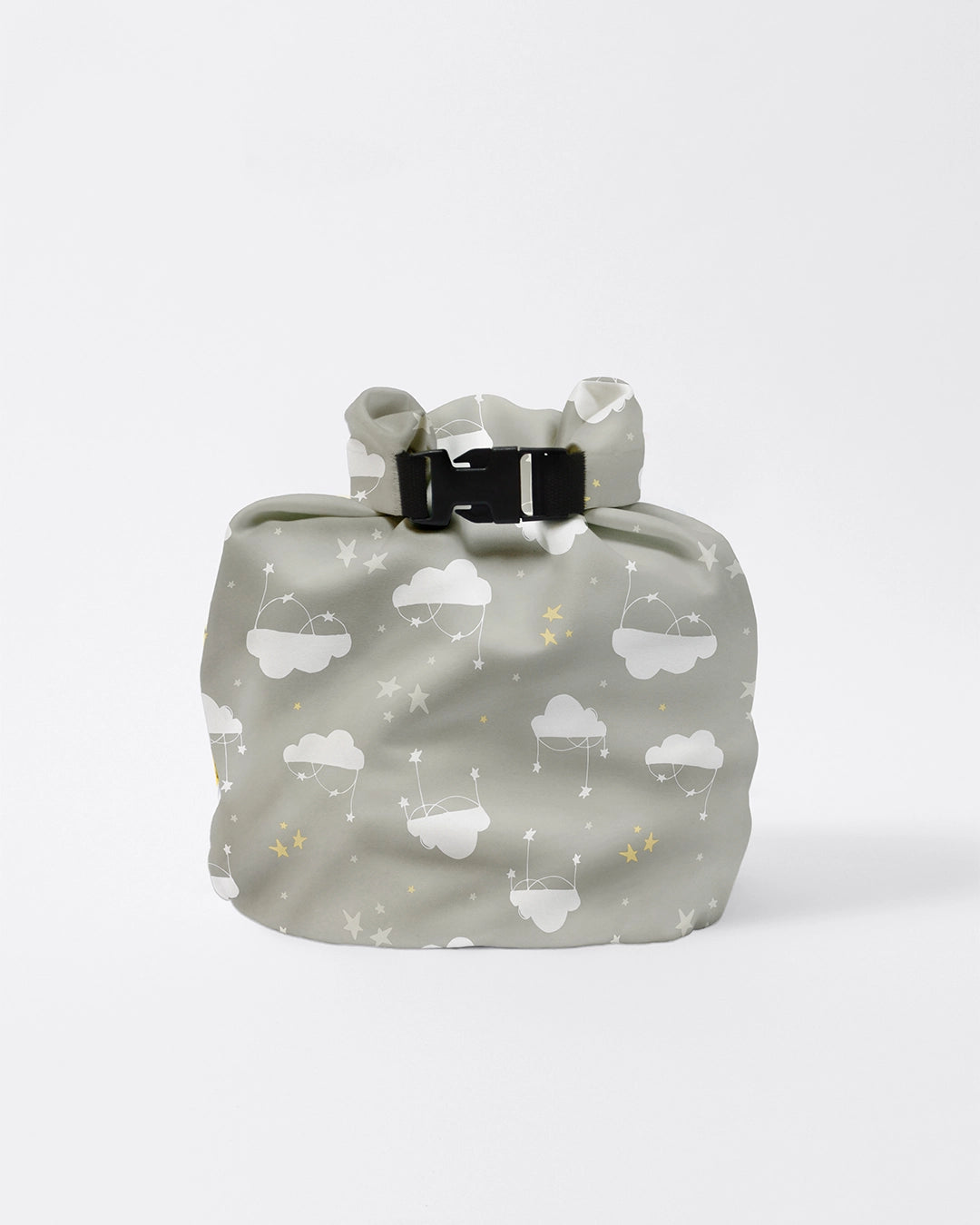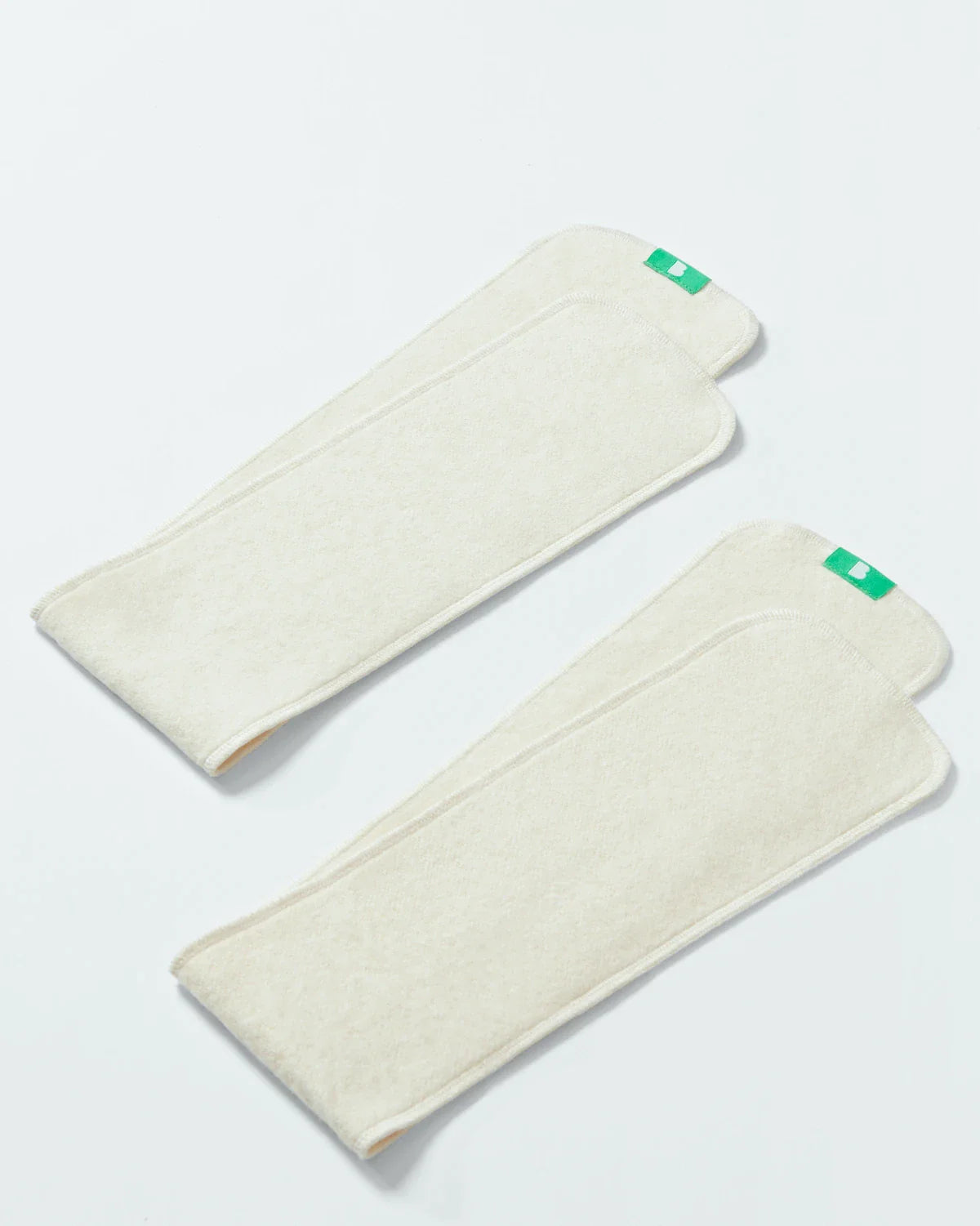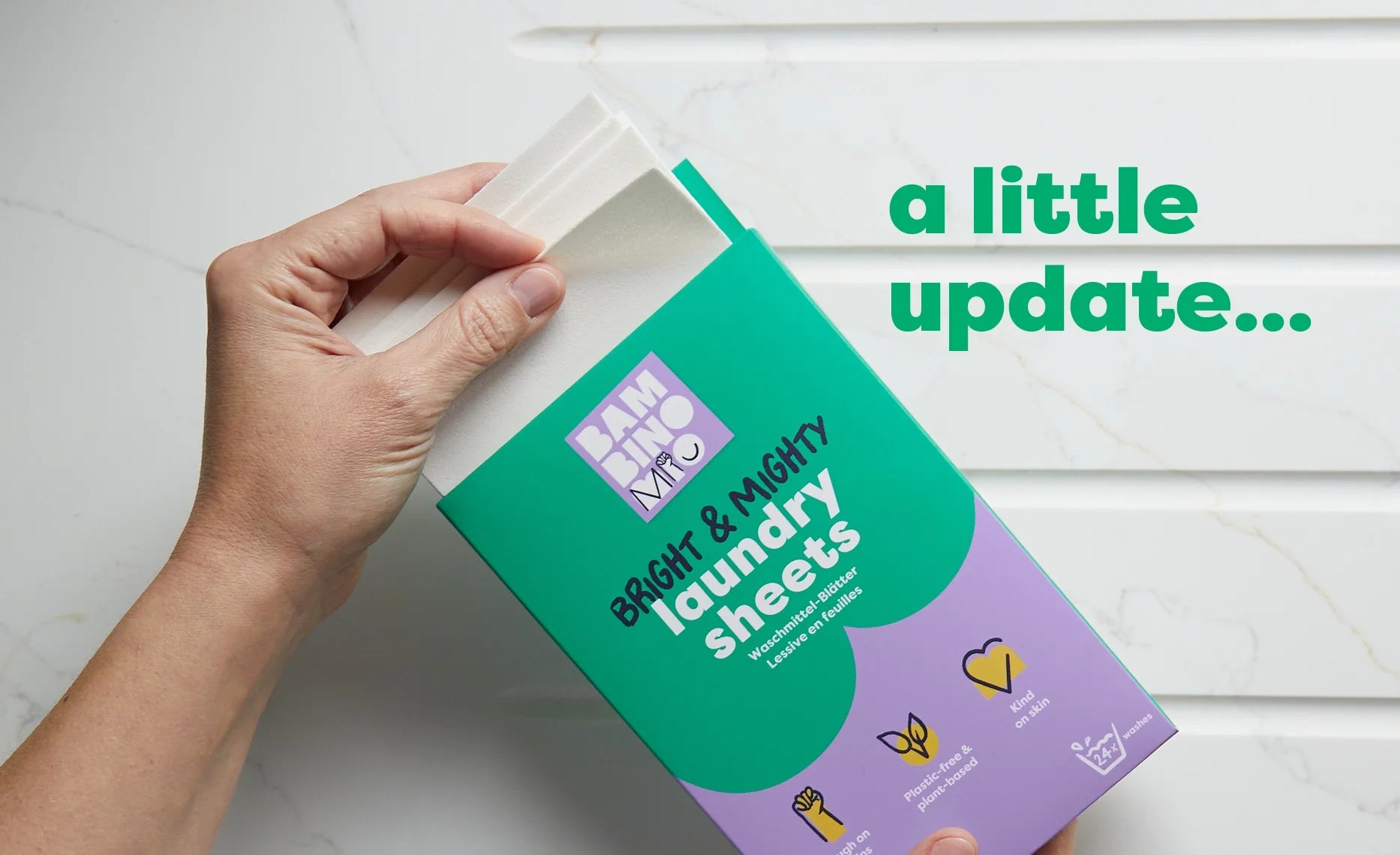Relaxin | Glossary of Pregnancy & Baby Term
Share Options
- Bambino Mio
- 09 / 08 / 2023
Inside this Article:
What is relaxin?
Relaxin (1) is a hormone that’s very important within your reproductive system. Its main function is to soften and relax your ligaments and muscles to make them more flexible.
Your ovaries produce relaxin throughout your menstrual cycle (2) and it:
- Relaxes your uterus so it doesn’t contract and expel an unimplanted embryo
- Helps to prepare your womb lining for the implantation of an embryo (3)
If you don’t conceive during a menstrual cycle, your relaxin levels fall until your next cycle starts. If you do conceive, your relaxin levels continue to rise throughout the first trimester of pregnancy.
What does relaxin do during pregnancy?
When you’re pregnant, your relaxin levels rise because your placenta starts to produce it as well as your ovaries. Your levels of relaxin peak at around 13 weeks of pregnancy and this important hormone:
- Relaxes your ligaments so your womb can expand to accommodate your growing baby
- Prevents your uterus from contracting so you don’t go into premature labour
- Makes your abdominal muscles and their connective tissue more flexible so they can stretch to accommodate your belly
- Relaxes the walls of your blood vessels (4) so they can stretch and cope with the increase in blood volume
- Relaxes your pelvis so it widens, making sure that your baby can be born more easily
- Helps to soften your cervix so it can dilate during labour
When do you start producing relaxin during pregnancy?
You always have some relaxin in your body and your ovaries produce a little more around the time of ovulation. When you become pregnant, relaxin levels surge, reaching their highest point at the end of the first trimester.
After week 13 or week 14 of pregnancy, relaxin levels slowly decline until just before labour, when they rise sharply to help your pelvis and cervix cope with delivery.
Citations and References
- National Institutes of Health (NIH). National Library of Medicine. ‘Relaxin in Human Pregnancy.’ 2009. Web. www.ncbi.nlm.nih.gov/pmc/articles/PMC3856209
- National Health Service (NHS). ‘Periods. Periods and Fertility in the Menstrual Cycle.’ 2023. Web. www.nhs.uk/conditions/periods/fertility-in-the-menstrual-cycle
- National Institutes of Health (NIH). National Library of Medicine. ‘A Review of Mechanisms of Implantation.’ 2017. Web. www.ncbi.nlm.nih.gov/pmc/articles/PMC5769129
- AHA Journals. ‘Cardiovascular Physiology of Pregnancy.’ 2014. Web. www.ahajournals.org/doi/full/10.1161/circulationaha.114.009029







































